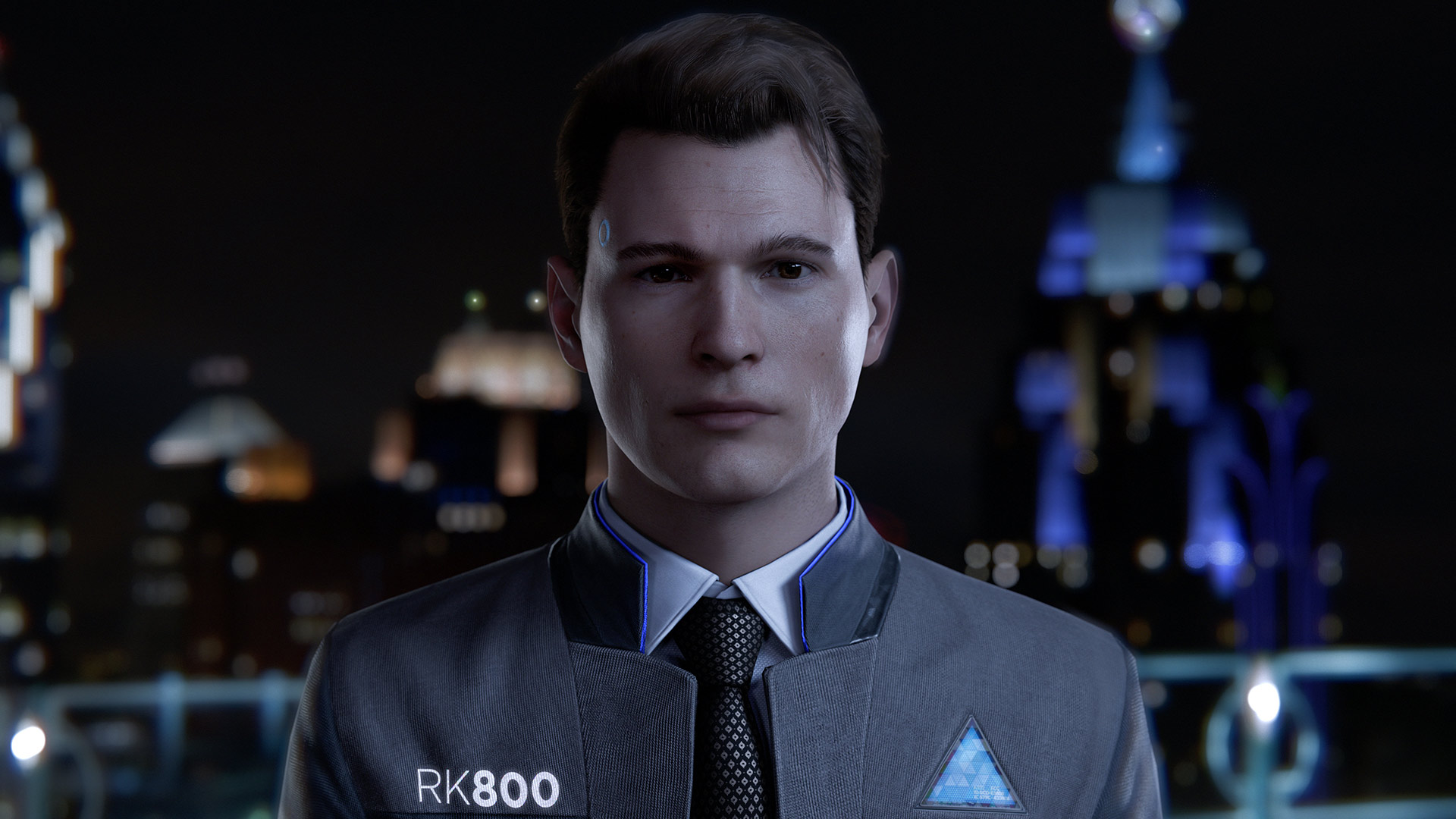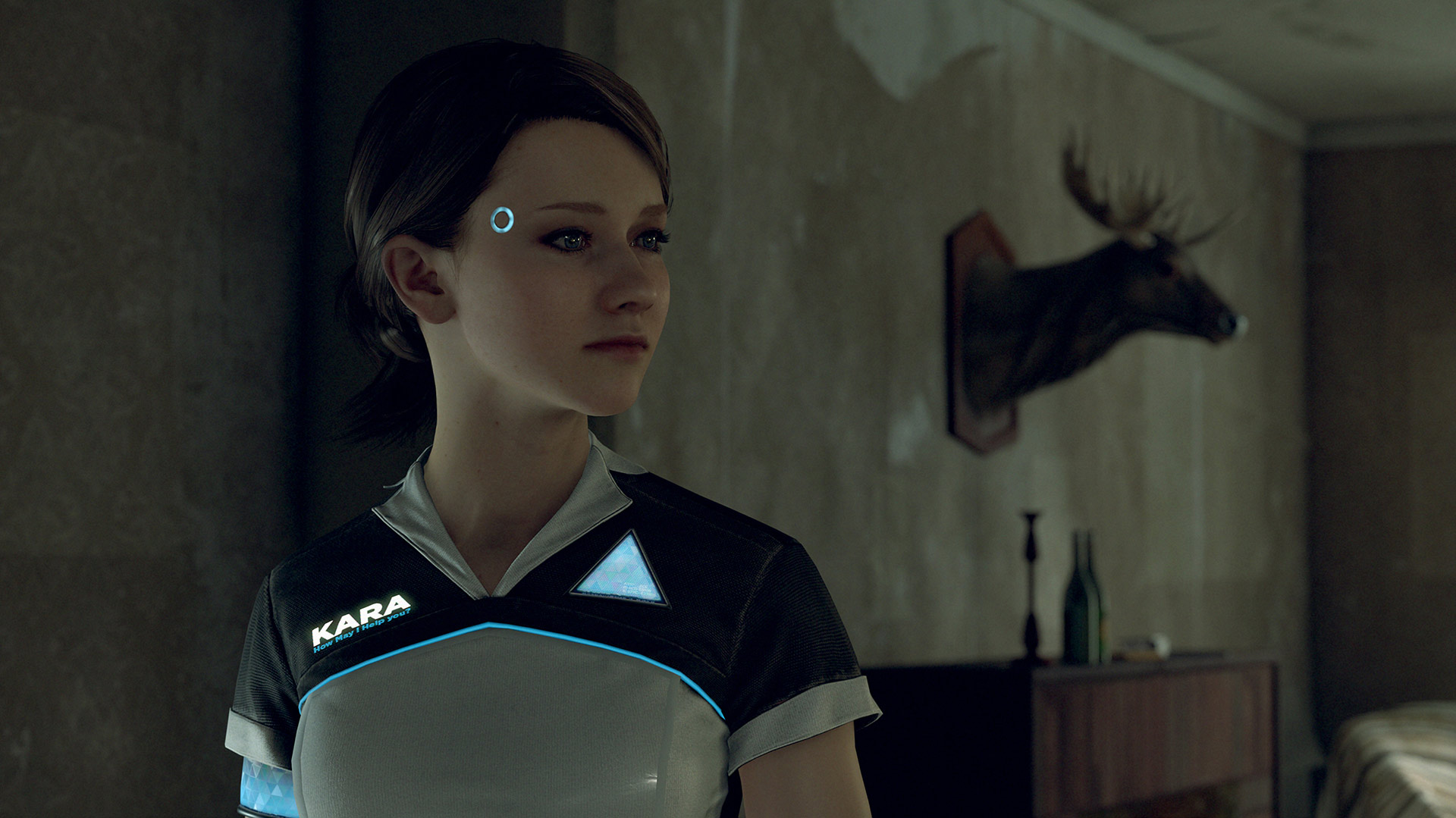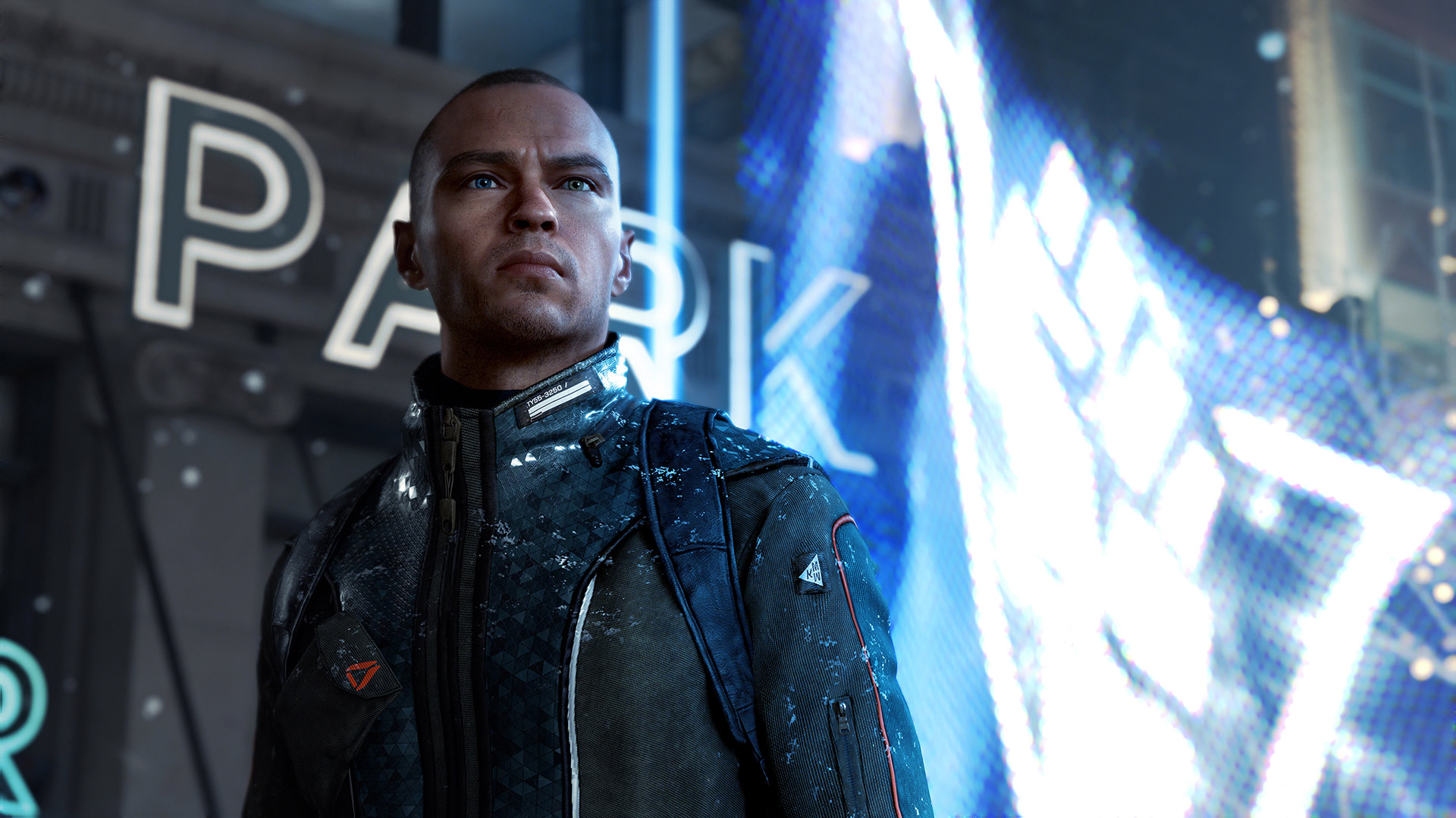What is the difference between digital and non-digital writing? It is not the same for everyone because some people prefer one for different reasons. I prefer traditional first because I like to write in bursts and put everything together differently, but- I like digital because I know my grammar isn’t the best, and- I can throw it into Grammarly when it’s done it. When writing just because- I will always take the traditional route first. I write in big chunks and then put them into a document wherever they fit. I will then put it in Grammarly for edits and share it wherever it is to be posted. But sometimes I write just to write and would like to keep it to myself hence writing on paper. I do journal entries, and letters on paper to keep them as private as possible. I’ll even rip these things up and throw them away later. I can’t do that with digital writing. Sure, I can delete a document but- once it’s posted, that’s it. It can be replicated and reproduced just like that. One thing I’ve noticed about myself when it comes to writing is that if I write digitally, I’m a lot less likely to pay attention to or notice grammatical errors than I would if I were writing on paper. I am also more expressive when writing on paper than if I were to write digitally. For instance- in a short story I wrote on my laptop- the most descriptive statement was, ‘I watch the reflection struggling as if it is pulling itself out of my body as I watch I can feel my bones shake and suddenly it’s no longer just a reflection and it’s scarier than it was before’. In something I wrote by hand- the most descriptive thing I wrote was, ‘I hiss at the burn left on my scalp, but I stay planted. My dearest melancholy, I know you don’t mean to hurt me. So, I stay. I stay until you remove the light of life from my eyes, I stay until you smother me with those red and blue hues you love oh so much.’ I feel like when I write by hand I think more before I write and try to make sure things connect in the way I want them to. Digital writing is beneficial in its own way. It’s easier to check grammar and makes consumption easier. I’d like to think it’s also more accessible for translation (if you, the author, allow it) and thus widely available through countries. In a wrap-up statement. I think traditional writing is a more thoughtful writing medium that should be used more often; however, digital writing has its perks.
What’s that got to do with my identity? It’s actually quite a tell of my personality type. I cannot hide my emotions well, but I also cannot describe them well and so I use creation to bridge that gap. I write when I feel forgotten, I write when I feel hurt, I write when I’m full of love. I write when I cannot contain my excitement. I draw all the time when I want to express something. How I do things has always been intwined heavily in who I am because it shows just who I really am.
 Kara –
Kara –  Markus-
Markus- 